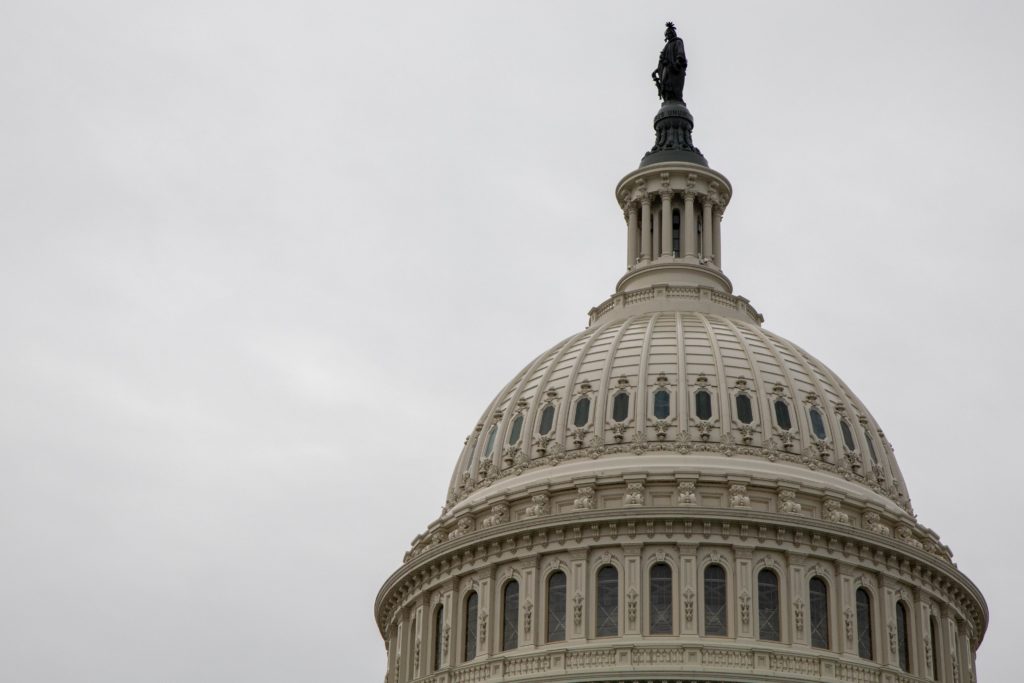
With a vote of 118-23 in the House of Representatives and 25-8 in the Senate, Maine’s legislators have finally overturned Governor Paul LePage’s veto of the state’s medical marijuana law.
Maine’s medical marijuana bill, known as L.D. 1539, eliminates the specific list of medical conditions that qualify a patient for the use of medicinal cannabis. Instead, physicians will be able to recommend medical marijuana for any patient they believe will benefit.
When the bill becomes law within 90 days, it will allow the issuance of permits for six more medical cannabis dispensaries and adds manufacturing and processing facilities to the program. It also authorizes the expansion of caregivers’ businesses while subjecting them to tighter state and local control.
Caregivers may cultivate up to 30 mature plants and 60 immature plants for qualifying patients, who may possess up to eight pounds, or 3.63 kilograms, of harvested marijuana.
Republican Rep. Deborah Sanderson, the bill’s sponsor, told High Times that overriding the veto was the right thing to do. She noted that the legislature had made a deliberate and thorough review of existing law.
“I’m very pleased that it was overridden,” Sanderson said. “The Health and Human Services Committee took a very comprehensive look at Maine’s medical marijuana laws. We started right at the very beginning and went through the entire law. We took a look at what had been happening over the last eight years with it—where it needed to be tightened up, where it needed to be improved and tweaked for better patient access.”
The override of the governor’s veto also pleased Maine’s cannabis industry.
Amanda Melnick, a consultant representing caregivers, praised the legislature’s action.
“I’m thrilled,” said Melnick. “Seeing the House vote unanimously for a bill you believe in is an amazing feeling. Maine’s medical cannabis program has always been unique and it deserves to be protected. These bills create the structure that Maine’s patients, caregivers, dispensaries, and medical professionals deserve.”
Once the bill is fully implemented, the state’s estimated 41,858 patients will be able to shop at any one of the 14 licensed dispensaries.




